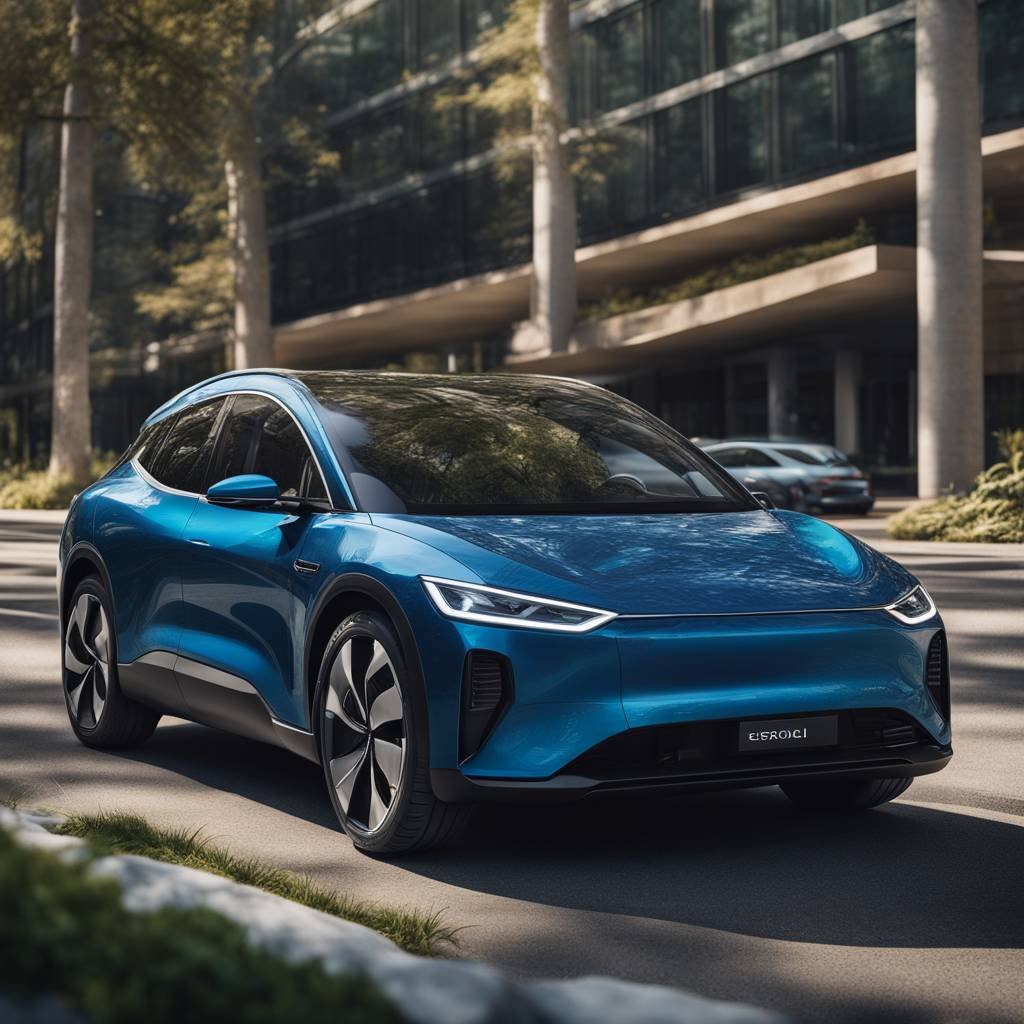Summary
– International Council on Clean Transportation released annual assessment of automakers’ progress
– Transition to zero-emission vehicles is accelerating with growing sales and improved technology
– 21 largest automakers analyzed based on 10 metrics to assess readiness for ZEV production
– Tesla and BYD leading the pack, Mercedes-Benz, SAIC, and Chang’an most improved
– ICCT stresses the importance for automakers to expand ZEV models to remain competitive and align with climate goals
Article
The International Council on Clean Transportation (ICCT) recently released its annual assessment of automakers’ progress in transitioning to zero-emission vehicles (ZEVs). The report highlights the increasing sales, technology performance improvements, and ambitious visions of automakers in the ZEV market. The ICCT analyzed 21 of the world’s largest automakers by volume across 10 custom metrics to determine their readiness to produce fully ZEV vehicles on a timely basis to align with the global transition.
The report identified Tesla and BYD as the leaders in the ZEV market in 2023, but emphasized the need for BYD to shift away from PHEV sales to maintain its position as the market evolves. Other automakers such as Mercedes-Benz, SAIC, and Chang’an showed significant improvements compared to 2022. These manufacturers demonstrated progress in decarbonizing their supply chain, increasing ZEV sales share, and investing in ZEV technology development. On the other hand, automakers based in Japan and India were ranked lower, but Tata Motors was recognized as a rising star due to its increased ZEV targets, investments, and technology advancements.
The ICCT report emphasizes the importance of automakers expanding their ZEV models to boost sales share and improve technology performance. The modeling conducted by the ICCT indicates that by 2035, nearly 100% of new light-duty vehicles sold in leading markets must have zero tailpipe emissions to align with the global warming mitigation goals set in the Paris Climate Agreement. Automakers that are slow to invest in advanced technologies may risk falling behind competitors who are more focused on future developments in the ZEV market.
The ICCT is an independent research organization that focuses on providing unbiased research and technical analysis related to environmental regulations. Their mission aims to improve the environmental performance and energy efficiency of road, marine, and air transportation to benefit public health and address climate change issues. Founded in 2001, the ICCT operates as a nonprofit organization under grants and contracts from private foundations and public institutions.
Overall, the report highlights the progress made by automakers in transitioning to zero-emission vehicles, but also underscores the need for continued efforts to accelerate this transition. With the transportation sector playing a crucial role in global emissions reduction, automakers need to invest in advanced technologies and expand their ZEV offerings to meet the growing demand for environmentally friendly vehicles. By keeping pace with the market trends and regulatory requirements, automakers can remain competitive in the rapidly evolving ZEV landscape.
Read the full article here



